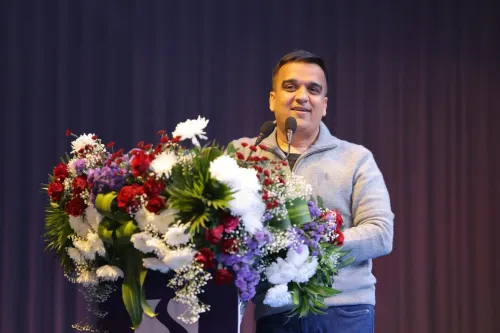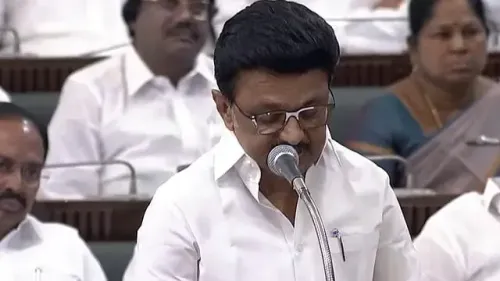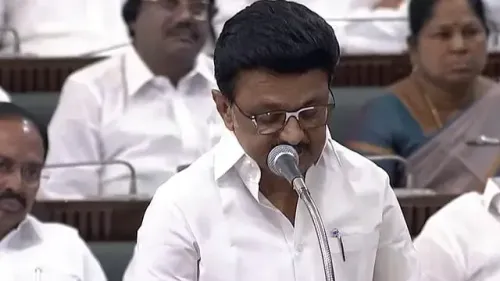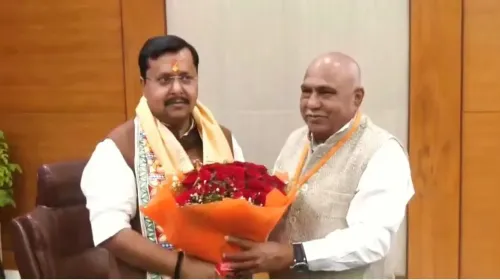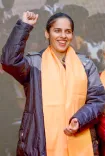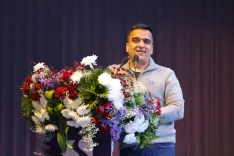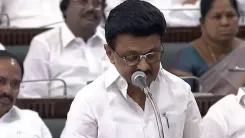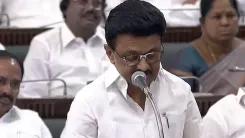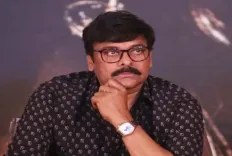Did PM Modi Lead the Nation in Honoring Jawaharlal Nehru on His Death Anniversary?
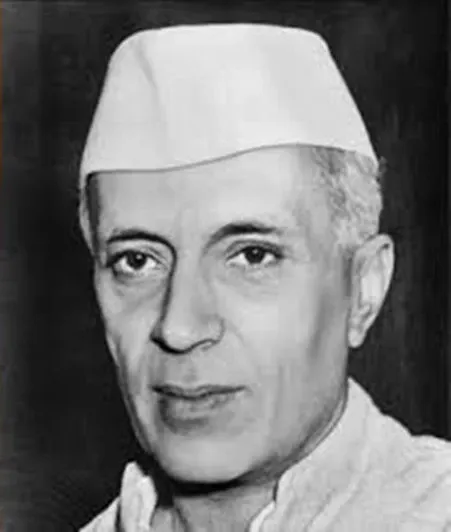
Synopsis
Key Takeaways
- Nehru's role in India's independence was pivotal.
- He was a visionary leader who shaped modern India.
- His contributions to democracy and secularism are enduring.
- November 14 is celebrated as Children's Day in his honor.
- His legacy continues to inspire future generations.
New Delhi, May 27 (NationPress) Prime Minister Narendra Modi on Tuesday paid his respects to India's inaugural Prime Minister, Pandit Jawaharlal Nehru, on the occasion of his death anniversary. In a post shared on X, PM Modi expressed, "Paying tribute to our former PM, Pandit Jawaharlal Nehru on his death anniversary."
Born on November 14, 1889, in Allahabad to Swarup Rani and Motilal Nehru—a distinguished lawyer and Congress leader—Nehru was instrumental in India's fight for freedom and the nation-building efforts that followed.
During the 1920s, he emerged as a prominent leader of the Indian National Congress, strongly supported by Mahatma Gandhi, who named Nehru as his political successor.
West Bengal's Chief Minister Mamata Banerjee expressed her sentiments on X, stating, "I offer my deepest respect to the late Jawaharlal Nehru, former Prime Minister of India, on his death anniversary. As a remarkable statesman and humanist, Pandit Nehru was the visionary architect of modern India. His ideals will always inspire those who cherish democracy."
Maharashtra's Deputy Chief Minister Ajit Pawar also commemorated Nehru in a post, remarking, "Honoring the visionary leader and first Prime Minister of independent India, Pt. Jawaharlal Nehru, on his death anniversary. His unparalleled contributions to nation-building laid the groundwork for modern India."
Chief of the Nationalist Congress Party (Sharad Pawar faction) Sharad Pawar also paid his respects, stating, "Pandit Jawaharlal Nehru, who established the foundations of scientific thought, secular values, and democratic structures, provided a modern direction for India's development, was truly a visionary leader for our nation."
Pawar highlighted Nehru's balanced foreign policy and his commitment to comprehensive development, stating, "The equilibrium he sustained in foreign relations while establishing India as an independent, neutral, and self-respecting entity on the global stage post-independence remains a significant area of study."
"He introduced the idea in Indian politics that development transcends mere numerical growth; it is a transformation that reaches every stratum of society. In today's climate, where numerous fundamental values are under scrutiny, the principles of democracy, conscience, and modernity articulated by Nehru become increasingly vital. On the anniversary of Pandit Nehru's passing, we pay tribute to his ideals and contributions to nation-building!" he added.
Nehru began his tenure as interim Prime Minister in September 1946. After India gained independence on August 15, 1947, he was sworn in as Prime Minister of the Dominion of India. On that historical day, he delivered his iconic 'Tryst with Destiny' address and raised the Indian flag at the Red Fort in Delhi.
Having assumed the presidency of the Congress party in 1929, he made a pivotal call for total independence from British rule. He guided the nation during its formative years post-independence, shaping India's democratic institutions and international identity.
His later years were overshadowed by health issues. In 1962, a viral infection took a toll on him, and on May 27, 1964, he succumbed to a suspected heart attack. His body, covered in the national flag, was displayed for the public, and the announcement of his death was made in the Lok Sabha at 2 p.m.
To honor his love for children, November 14—his birthday—was subsequently designated as Children's Day, serving as a tribute to his lasting legacy.


